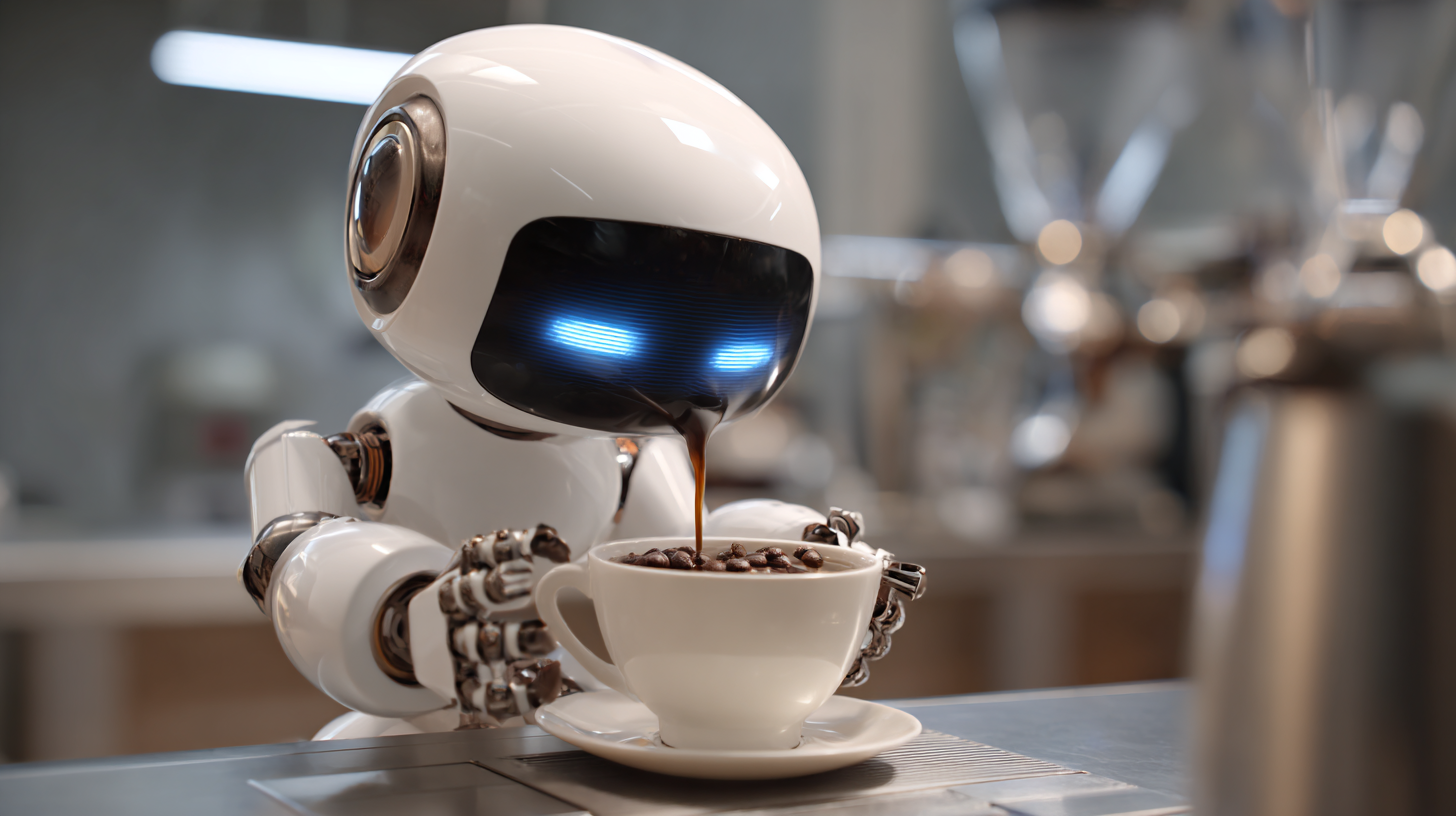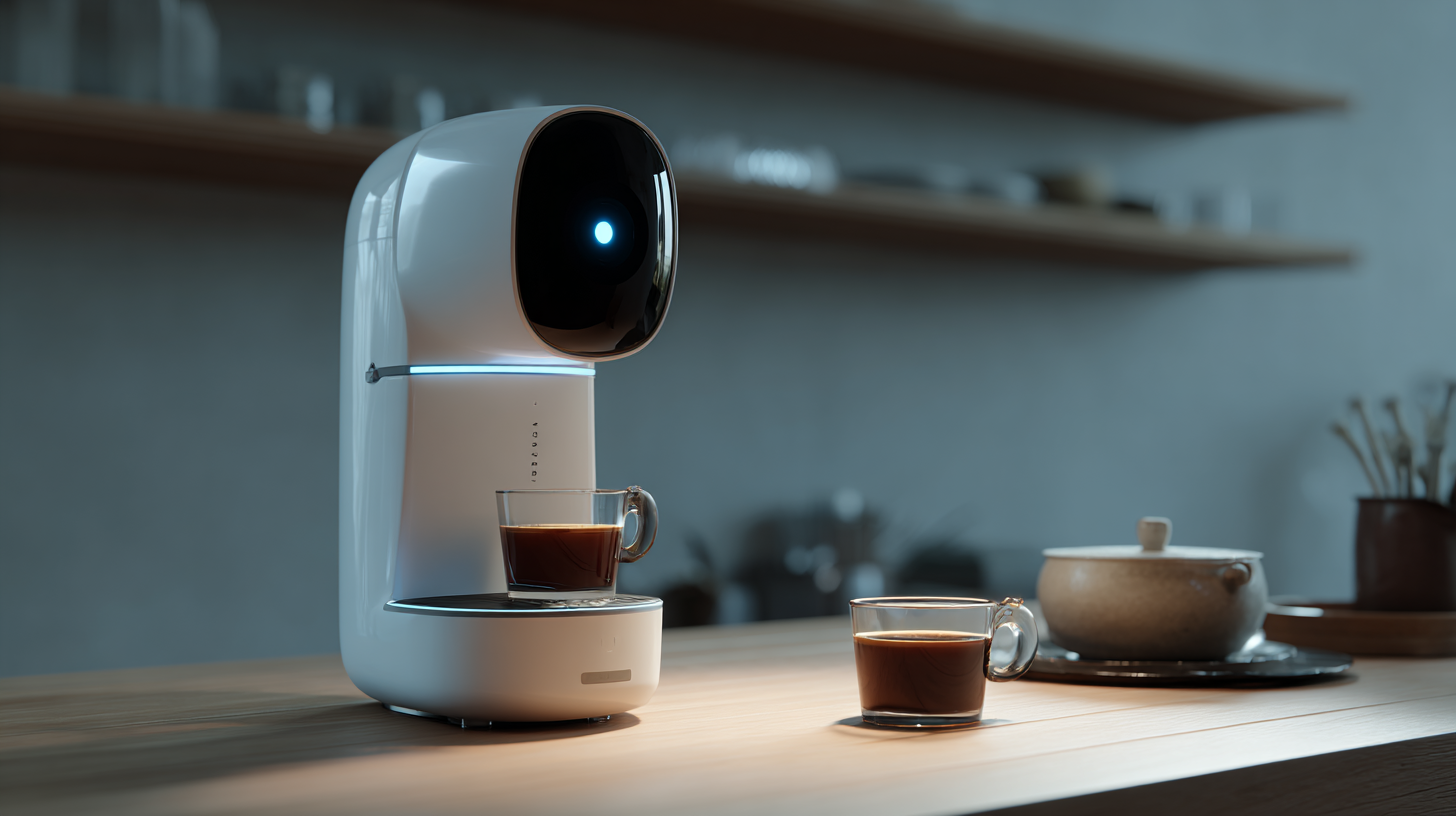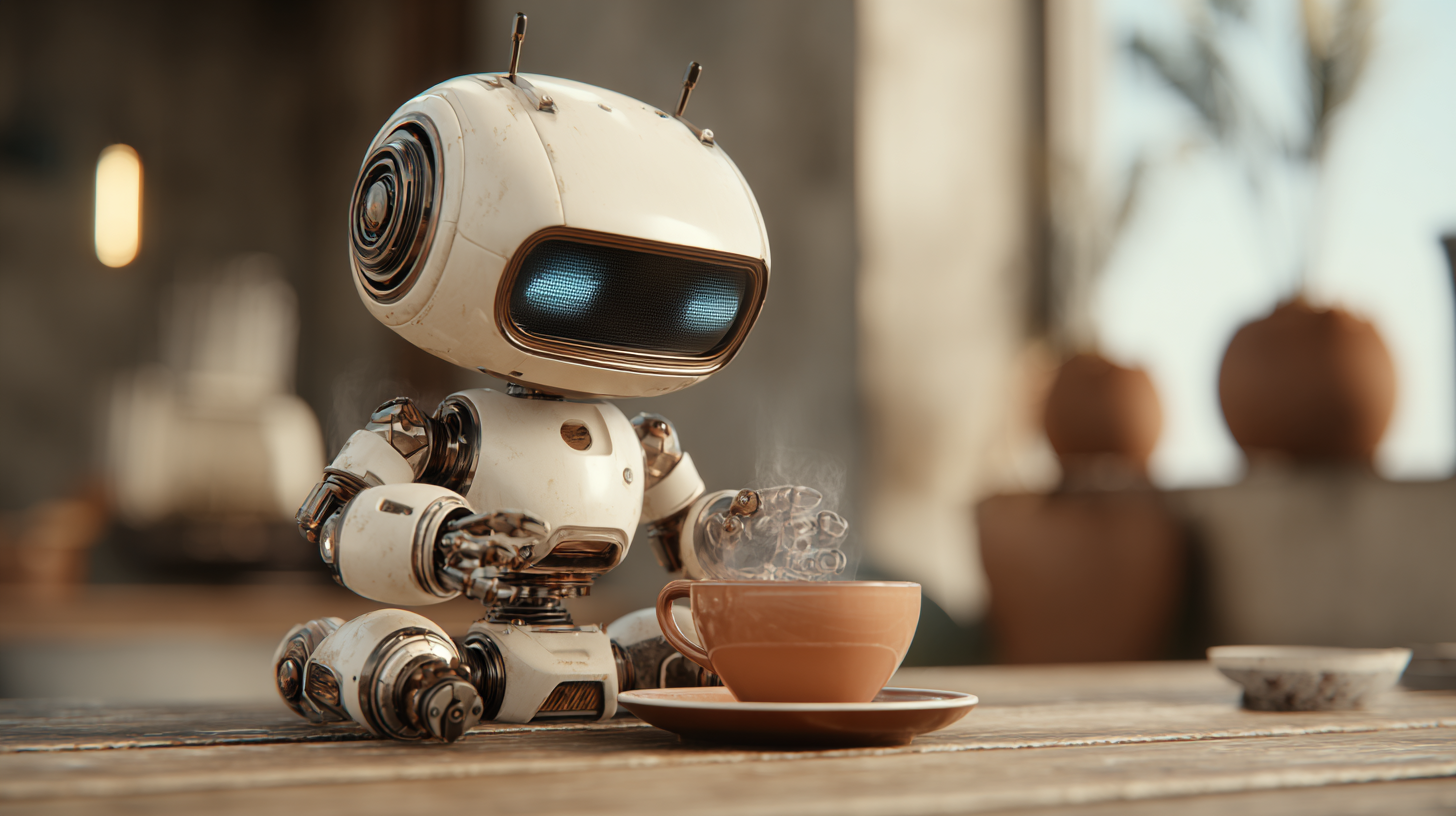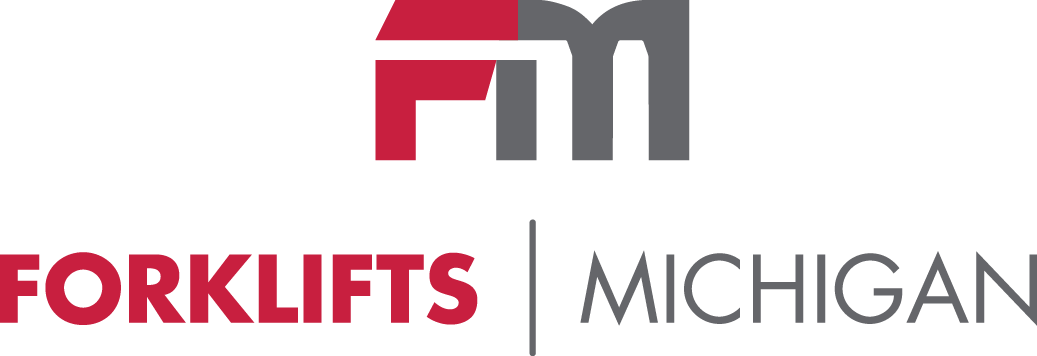Exploring the Future of Coffee Robots and Their Impact on Your Daily Brew
As the coffee industry continues to evolve, the integration of technology is transforming traditional brewing methods. The rise of the Coffee Robot is becoming a focal point in this transformation, promising to enhance the coffee experience for both consumers and baristas alike. According to a recent report by Market Research Future, the global coffee robotics market is projected to reach $2.4 billion by 2025, reflecting a growing demand for automation in coffee preparation. This advancement signals a shift towards efficiency, consistency, and quality in the brewing process, meeting the expectations of an increasingly sophisticated consumer base.

As we explore the future of Coffee Robots and their impact on our daily rituals, it is essential to consider both the technological advancements at play and the enduring love for coffee culture that continues to thrive in parallel.
The Rise of Coffee Robots: A Market Overview and Growth Projections
The rise of coffee robots marks a significant transformation in the beverage industry, driven by advancements in technology and changing consumer preferences. With the increasing demand for convenient and high-quality coffee experiences, companies are investing in automatons capable of delivering barista-level beverages with precision. The market for coffee robots is projected to grow substantially, fueled by innovations in artificial intelligence and machine learning that enable these devices to learn and adapt to individual tastes.
Current growth projections indicate a robust expansion in the coffee robot sector, as more cafes and restaurants embrace automation to enhance efficiency and profitability. These machines not only reduce labor costs but also ensure consistency and speed in service, catering to the fast-paced lifestyle of modern consumers. Moreover, the appeal of customized coffee experiences through robotics is attracting a younger demographic, eager to explore new and exciting ways of enjoying their daily brew.
As technology continues to evolve, the integration of coffee robots into everyday settings is set to redefine the coffee culture, making it more accessible and versatile than ever before.
Impact of Automation on Coffee Quality: Examining Flavor and Consistency
As automation continues to permeate various sectors, the coffee industry is embracing advanced technologies to enhance flavor consistency and overall quality. Recent advancements, such as C-Automation technology, are designed to maintain uniform quality and streamline workflows within coffee-making processes, ultimately reducing management costs. This reflects a broader trend where efficiency meets quality, allowing consumers to enjoy their daily brew with newfound reliability.
Tips for Choosing a Coffee Maker: When selecting an automated coffee maker, consider models that offer programmable settings for optimal flavor extraction. Look for machines that have received favorable reviews for delivering consistency across various brew strengths. Additionally, ensure the machine is easy to clean and maintain, as a clean brewing system is fundamental to preserving the taste of your coffee.
Moreover, careful selection of coffee beans can significantly impact your daily brew. High-quality espresso beans are essential for achieving that perfect cup, with characteristics catering to both bold and smooth preferences. Recent evaluations highlight that the right combination of automation technology and quality ingredients can elevate your coffee experience to match your exact tastes.
Consumer Preferences: How Coffee Robots Are Reshaping Daily Brewing Experiences
As technology evolves, coffee robots are increasingly becoming integral to the daily brewing experience, significantly reshaping consumer preferences. According to a recent report from Statista, the global coffee machine market is projected to reach approximately $41 billion by 2026, with a significant portion attributed to automated brewing systems. Consumers are drawn to the convenience and consistency that coffee robots offer, allowing them to replicate café-quality beverages at home. A survey conducted by the National Coffee Association found that over 62% of Americans prefer brewing coffee at home, highlighting a growing trend where automation meets personalization.
Moreover, coffee robots are not only enhancing convenience but also catering to various consumer preferences for customization. A 2022 study by MarketWatch indicated that 48% of coffee drinkers prefer machines that allow them to personalize their beverages, from adjusting the grind size to varying the brew strength. This shift is leading manufacturers to innovate rapidly, introducing features that incorporate smart technology and user-friendly interfaces. As these machines become more sophisticated, they promise to revolutionize the way we engage with our daily coffee rituals, ensuring that each cup is tailored to individual tastes and preferences.

Technological Innovations: Key Advances Driving the Coffee Robot Industry
The coffee robot industry is experiencing a technological renaissance, driven by key innovations that are revolutionizing the way we brew our daily cup of joe. From artificial intelligence to advanced brewing techniques, these technologies are streamlining the coffee-making process while ensuring a consistently high-quality beverage. One of the most significant advances is the integration of AI, enabling coffee machines to learn individual user preferences and adjust brewing parameters accordingly. This personalized touch not only enhances the beverage experience but also optimizes the use of ingredients, resulting in less waste.
Moreover, the rise of Internet of Things (IoT) functionality in coffee robots allows for seamless integration into smart home systems. Users can now control their coffee machines remotely, schedule brews, and receive alerts when supplies are low, all through their smartphones. This convenience is coupled with cutting-edge features like precision temperature control and customizable brew strength, elevating the quality of coffee to new heights. As these innovations continue to emerge, they are not only enhancing the coffee-making experience but also reshaping consumer expectations and habits in the ever-evolving market.
Technological Innovations in the Coffee Robot Industry
Sustainability in Coffee Robotics: Balancing Efficiency and Environmental Impact
 As coffee robotics continue to evolve, sustainability emerges as a critical factor influencing their design and deployment. Modern coffee machines and robotic systems can be engineered to minimize waste and maximize resource efficiency. This includes utilizing energy-efficient technologies that lower power consumption during brewing processes. By harnessing renewable energy sources, such as solar power, coffee robots can operate in an environmentally friendly manner, reducing their carbon footprint while producing the beloved beverage.
As coffee robotics continue to evolve, sustainability emerges as a critical factor influencing their design and deployment. Modern coffee machines and robotic systems can be engineered to minimize waste and maximize resource efficiency. This includes utilizing energy-efficient technologies that lower power consumption during brewing processes. By harnessing renewable energy sources, such as solar power, coffee robots can operate in an environmentally friendly manner, reducing their carbon footprint while producing the beloved beverage.
Moreover, sustainable practices in coffee sourcing are integral to the conversation around robotics in the industry. Advanced robotics can streamline the supply chain, ensuring that coffee beans are sourced ethically and responsibly. Through automation, these robots can help monitor and manage the quality and freshness of the coffee, reducing spoilage and waste. By prioritizing sustainability in both production and consumption, the future of coffee robotics can contribute to a more eco-friendly global coffee culture, balancing efficiency with a commitment to protecting the environment.


